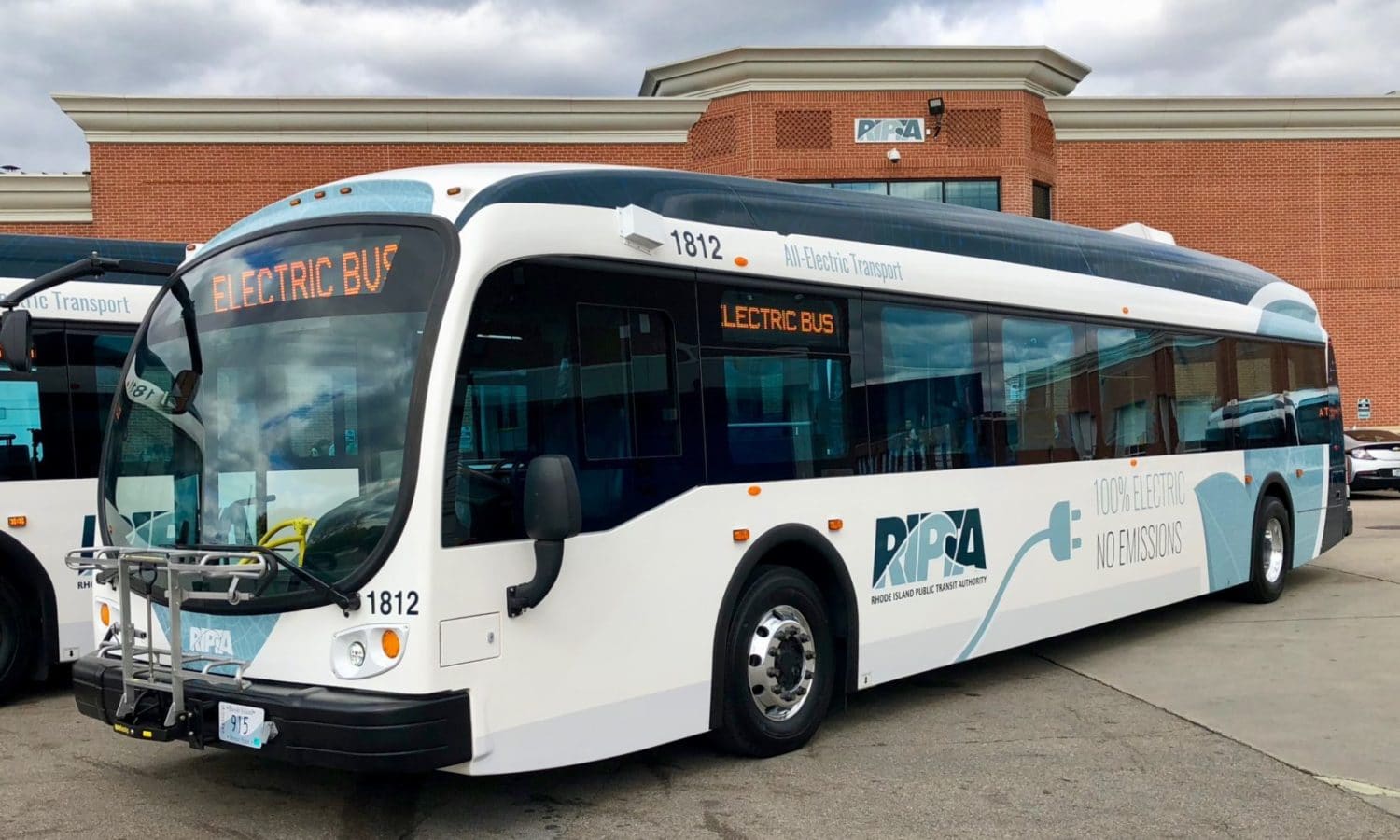Barry Schiller: What the legislature did (and didn’t) do about transportation
Now that its so widely known that transportation is the sector that emits the most greenhouse gases, the legislature passed a bold new plan to reduce emissions, including programs to improve and promote public transit, to electrify our commuter rail and our auto fleet, and to finish and connect the bike paths. If only. My takeaway, in four parts, of what they actually
June 30, 2019, 9:58 pm
By Barry Schiller
Now that its so widely known that transportation is the sector that emits the most greenhouse gases, the legislature passed a bold new plan to reduce emissions, including programs to improve and promote public transit, to electrify our commuter rail and our auto fleet, and to finish and connect the bike paths.
If only.
My takeaway, in four parts, of what they actually did:
- Following the money, they funded a $250 million widening of I-95 northbound right in the center of the city
- Prioritize spending $94.3 million for the car tax phaseout, $38 million more than the previous year
- Ignoring the recently passed law requiring the RIPTA Board to have at least one regular rider of the system
- Failed to pass bills that would have promoted transit use, bicycle and pedestrian safety.
As for #1, the highway expansion financing is by borrowing from future Federal transportation funds (“GARVEE” bonds.) Politicians love such financing, they get to spend the money now though future administrations get a smaller transportation program and Wall Street gets a cut, plus they don’t have to go to the voters to approve the borrowing. This 1950s thinking panders to motorists who want to tear through the center of our historic city but who now sometimes have go slow on 95 north. Maybe that should be an expectation, just as it is for slow travel on many streets at peak times. Note long run transit plans are now being developed and serious proposals (i.e. Rhode Island Rapid Rail, Transit Matters) have been made to greatly improve the rail corridor for both travel in-state as well as to Boston, a possible alternative to widening I-95.
As for #2, the car tax, though presumably unpopular, is at least a tax on wealth. Statewide Planning once noted that 5.3 percent of Rhode Island households have four or more vehicles, and though contributing the most to pollution and congestion (and to demands local government maintain, repave and light roads, provide parking, remove snow) they will get a huge tax break at the expense of those with low value cars, or no car at all as is the case with about 10 percent of the state’s households. You might contrast the $94 million phase-out cost this year (more next year and so on every year) with the approximately $14 million/year it would cost to let everybody ride RIPTA for free, a step that might be needed for RIPTA to regain its lost ridership and really contribute to our economy and environment.
As for #3, though six RIPTA Board nomination were confirmed, the Governor who nominated them and the Senate that confirmed them simply ignored the law requiring at least one be a regular rider, even though a Rhode Island Transit Riders spokesperson testified about the requirement at the hearings. It would seem evident that someone on the Board should ride and know what is really happening and interact with drivers and other passengers. The Governor is actually required by law to give “due consideration” to Board suggestions from the Transit Riders, and they did propose a list of 4 regular riders for consideration, to no avail. Its unimaginable the Airport Corporation would ever have a Board on which no-one ever flew! However, reflecting Rhode Island’s relatively generous attitude to the poor, the legislature did continue funding the program of free rides for the low income seniors and disabled, but it seems clear they don’t expect much of anyone else to ride or see any need to make improvements.
As for #4, in the United States, though cars are built safer, pedestrian and bicyclist deaths are rising. So a bill to penalize careless motorists who kill or injure bicyclists, pedestrians, or other “vulnerable road users” was a Rhode Island Bicycle Coalition priority. Though there was no opposition, it never got out of committee. Neither did bills to tighten drunk driving and hit and run laws, to have a penalty for violating bus-only lanes, to require snow removal from sidewalks on highway overpasses and key school bus stops on state roads, to require larger companies to at least offer a pre-tax transit pass benefit to employees, and to better control tort costs to the transit system.
But transportation emissions will not magically disappear. So maybe next year we’ll pass that bold new plan!






